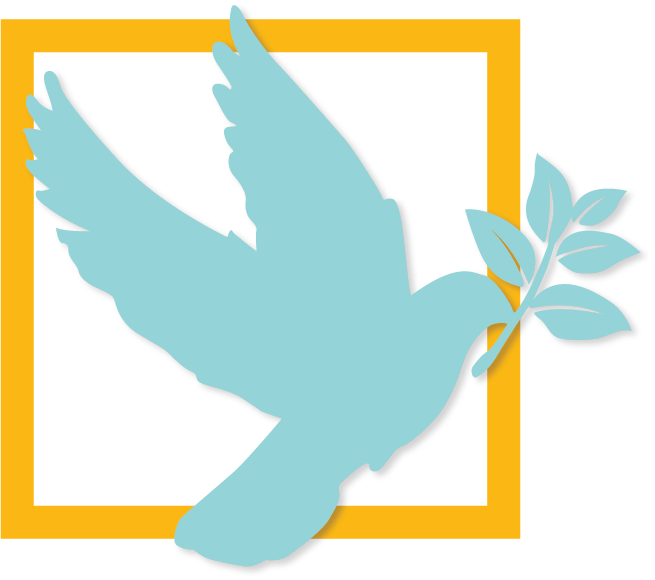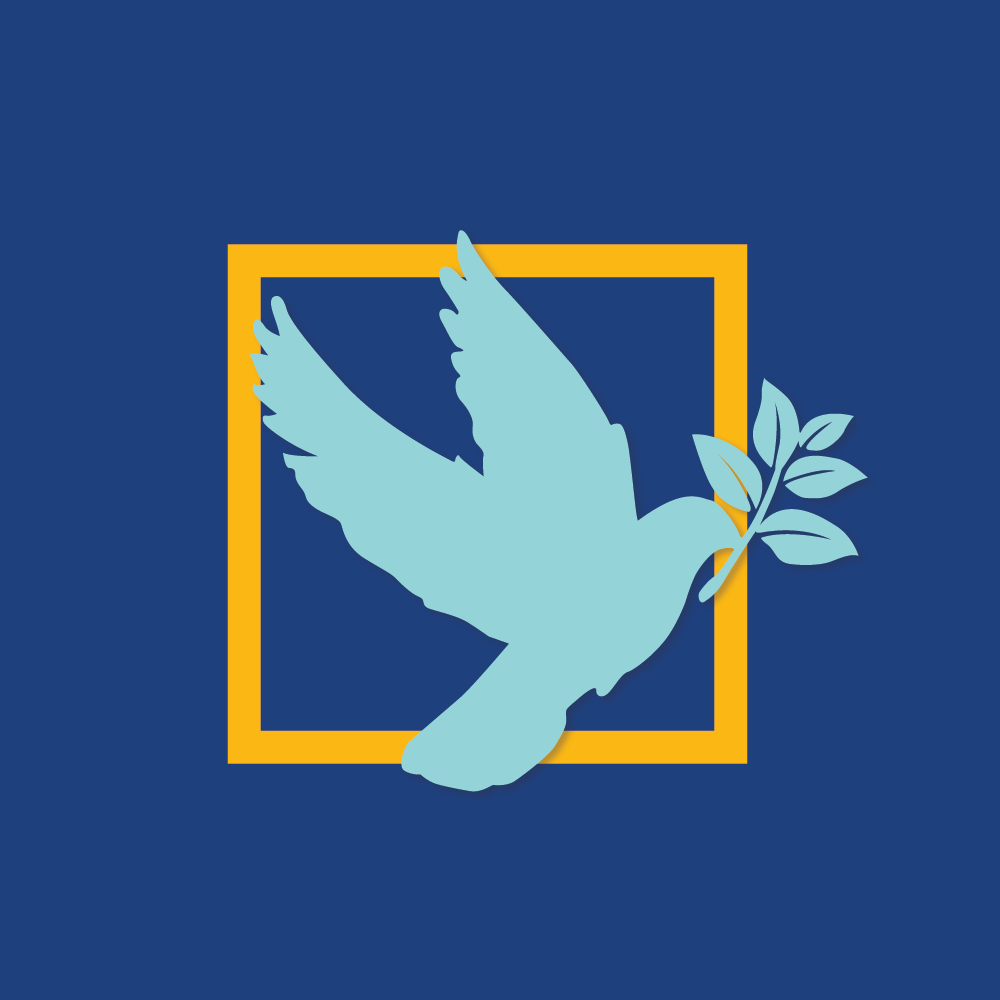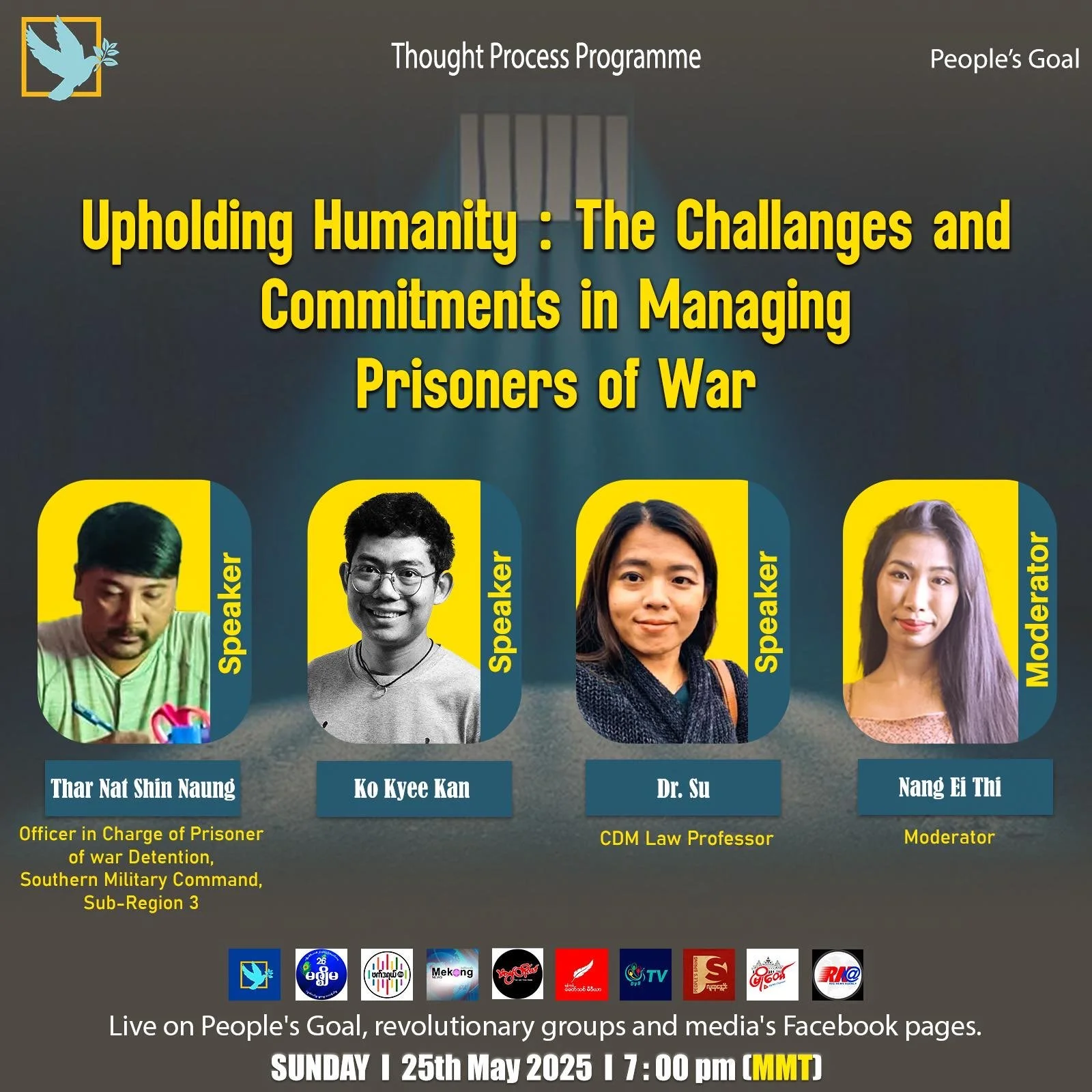Upholding Humanity: The Challenges and Commitments in Managing Prisoners of War
The "Thought Process" program of People's Goal recently hosted a discussion featuring resistance soldiers and a CDM lawyer to address the pressing issues surrounding prisoners of war (POWs) in the current revolutionary era. Framed by this insightful dialogue, the treatment and management of POWs have emerged as critical issues, drawing attention from both local and international communities. Participants highlighted the complexities surrounding the classification, detention, and ethical treatment of captured soldiers and defectors.
As the conflict continues to escalate, the treatment and management of prisoners of war (POWs) have emerged as critical issues, drawing attention from both local and international communities. Recent discussions among resistance fighters and legal advocates have highlighted the complexities surrounding the classification, detention, and ethical treatment of captured soldiers and defectors.
According to the Prisoner of War (POW) Law, there are five distinct categories of individuals recognized as POWs. These include members of the military council's armed forces, police forces, militias collaborating with the military, and individuals designated as POWs by the National Unity Government (NUG). This classification is essential for determining the rights and treatment of these individuals under international humanitarian law.
In camps operated by the NUG, POWs are classified and detained with a focus on humane treatment. Married individuals are housed separately from unmarried ones, allowing families to stay together in secure accommodations. Additionally, efforts are made to provide educational opportunities and recreational activities for children within the camps, reflecting a commitment to maintaining dignity and normalcy amid the turmoil.
"The treatment of POWs is not merely a legal obligation; it is a moral imperative," stated Tharr Nat Shin Naung, a resistance fighter involved in POW management. "Despite the grievances and losses suffered by our forces, we must rise above our emotions and fulfill our duty to treat POWs with compassion and respect."
However, managing POWs presents significant challenges, particularly in the context of a civil war where resources are scarce. Ko Kyee Gann, another resistance fighter, emphasized the sensitivity of the issue, noting that the brutal repression by the military junta complicates the situation. "Our forces face shortages of basic necessities, making it difficult to provide adequate food, shelter, and medical care for POWs," he explained.
Despite these challenges, both fighters stressed the importance of adhering to international humanitarian laws (IHL). Compliance with these standards is seen as essential for maintaining moral integrity and legitimacy in the eyes of the international community. "By treating POWs humanely, we demonstrate our commitment to justice and accountability," Dr. Su, a lawyer with the Civil Disobedience Movement (CDM), remarked.
The discussions also touched on the broader implications of POW treatment for the ongoing conflict. As the NUG and other revolutionary forces strive to build a federal democratic country, the way POWs are treated could influence public perception and support for their cause. "If we can treat POWs properly and create safe zones for defectors, we believe there will be a significant shift in allegiance," Ko Kyee Gann added.
As the situation evolves, the international community is urged to provide meaningful support to ensure that human rights standards are upheld. "Empty rhetoric is not enough," Ko Kyee Gann stated. "We need concrete actions to help us maintain our commitment to humane treatment."
The management of prisoners of war remains a complex and sensitive issue, but it is one that could ultimately shape the future of the conflict and the quest for a just and peaceful society. By prioritizing compassion and ethical treatment, both sides can work towards resolution and reconciliation, fostering an environment that promotes healing and understanding in the wake of conflict.


